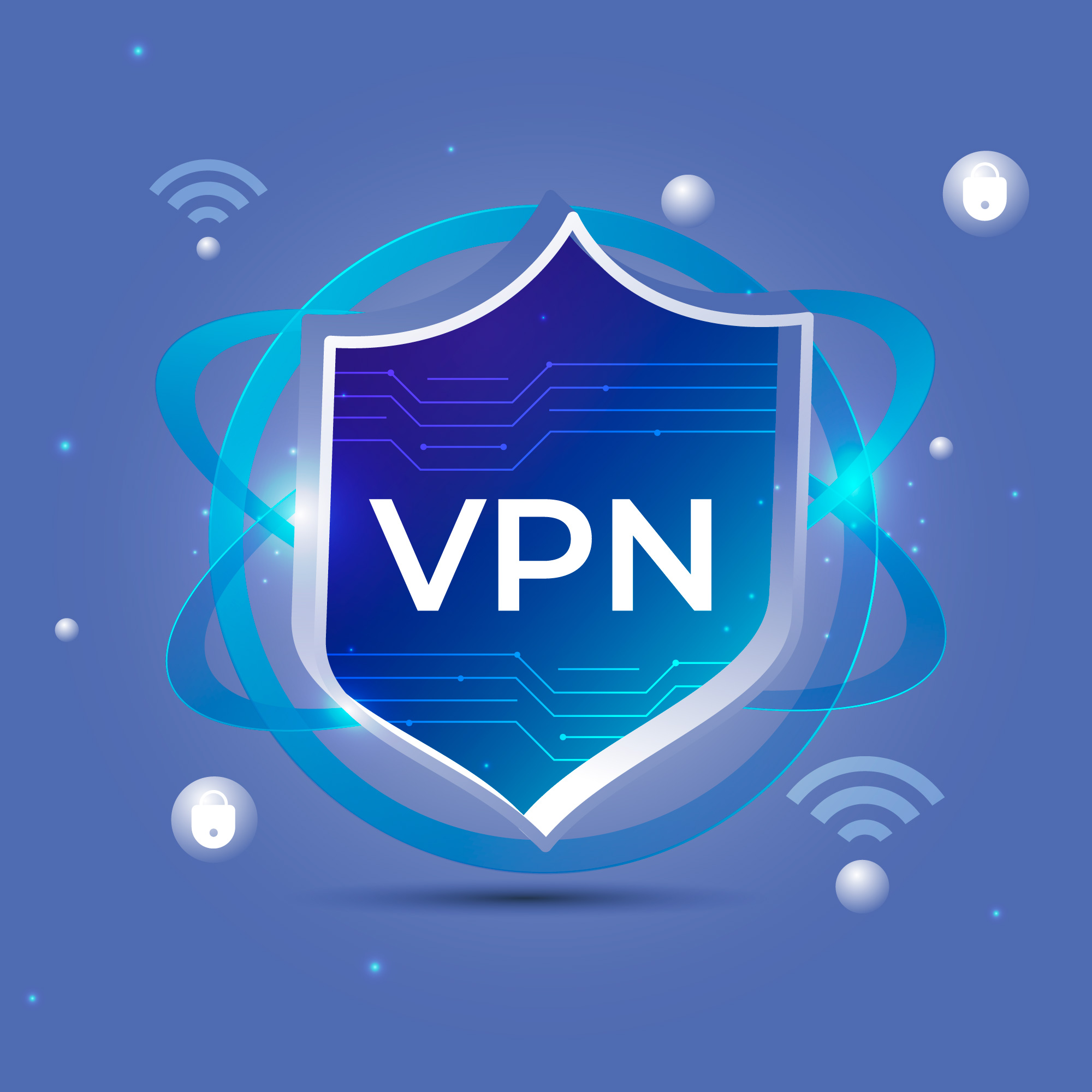With the increasing technology, the need to secure the data is also greater than ever. Users seek the best way to enhance their level of online privacy. There are several ways by which you can protect your data and online activities but using VPN services is the most reliable one.
But, do you know everything about the VPN services you are using? If not, we have collected some facts about what you should know if you are using their services or you still have to try the services.
VPN Providers Track and Store Your Data :
Although VPN providers promise never to monitor your data, they still track and keep most of your data. They know what you’re doing on the internet and whatnot. However, this information is not hidden by the users as it is mentioned under the provider’s terms and agreement.
There is a myth that they hand over your information to government authorities but this is false. They keep your data to determine if there are any glitches in the network and to improve the service later on.
VPC Doesn’t Make You Entirely Anonymous :
Yes, this, in fact, is true that you are not completely anonymous with VPN. Even though they guarantee to conceal your identity, it is not anonymous. Yes, it will prevent others from landing on your IP address, but you are not unidentified as they keep your information at the time you sign up for VPN. It could be your payment details, email address or IP address.
However, apart from this, you are totally safe with VPN as they don’t reveal your details to third parties.
VPN Assure You Online Privacy :
Even though your identity is not concealed with VPN, it ensures you full online privacy. VPN service can help in hiding your online activities from government agencies and cybercriminals. When you browse using VPN service, the traffic will go through an encrypted and private tunnel.
So, with a VPN, no one can know about your online activities.
VPN May Increase Your Internet Speed :
We all think that VPNs decrease our internet speed. But, it‘s not true. It sometimes also increases internet speed. This is because encrypted VPNs prevent the ISP from throttling websites. Which means it prevents ISP from separating the web traffic into high and low-speed tunnels forcing them to route the traffic as promised by advertised speed. If you want the best VPN for China, you can check it out here.
Many VPN Providers Don’t Have Their Own Network :
Many people think that VPN has to run their own servers to provide service. But, they don’t. Some companies rent servers and set up VPN servers to sell to customers. This lets them have more time to focus on main functions to help improve their services as the servers will be maintained by hosting companies.
However, this doesn’t affect your security or online privacy. So, you are well protected with a VPN.
You Can Access Blocked Content with VPN :
While browsing, we all have faced a situation where at times certain ISPs block users from accessing some websites. Even some sites and governments block the content.
However, with VPN there is no such problem. Not only there are no such restrictions with VPN and you are provided with the full content, and they will also let you download the blocked content easily.
Being Hacked Is Still a Possibility :
You can never save yourself from being hacked when the hackers are incredibly creative nowadays. However, VPN offers the utmost security that makes it almost impossible to hack. With VPN encryption, you are very safe. So, it would be suitable to use a VPN than not.
VPN Is Untraceable :
A VPN and a firewall are similar except you can’t trace a VPN. It uses tunnel encryption to protect your information that travels between servers and make it harder for things like a virus to reach your computer. VPN will protect your network by being untraceable while firewall will protect through sifting.
On Ending Note :
VPNs are a great tool to enhance your online security. So, VPN is a must-have tool in today’s world if you want to keep yourself safe online. But, you need to know all about VPNs first to decide which one is the best for you as there are different types.
Read Also :






















